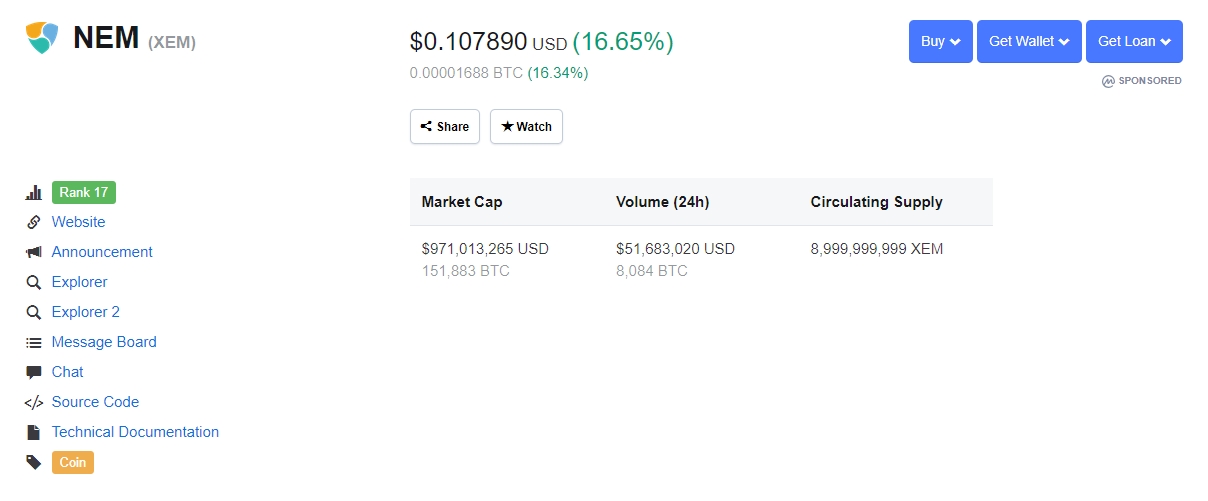2018-11-20 22:45 |
Expounding The Three Types Of Cryptocurrency Tokens
Every cryptocurrency purport to be unique, and they all are in some ways. However, all cryptocurrency tokens have certain factors in common with the common denominator being their application. To this end, all tokens can be grouped into 3 categories: utility tokens, currency tokens, and investment tokens. Here is what you need to know about tokens in each category:
Utility TokensUtility tokens are designed for use on a particular platform or a collection of related platforms. They are meant to provide access to certain products and services for these platforms’ users.
Companies use utility tokens as a form of incentive to get their clients more involved in what they have to offer. In fact, cryptocurrency exchange platforms themselves have utility tokens that they use to lower trading fees and open access to more services. Gaming platforms are also issuing utility tokens that are designed to grant access to gaming tools and features.
Utility tokens can be earned or bought. Companies typically use them to pay their clients for services rendered or for promotional purposes. There are also exchanges that list utility tokens.
Currency TokensIt is safe to say that cryptocurrencies were initially meant to function like ordinary fiat currencies. A currency is designed to function as a means of payment for goods and services. As such, currency tokens have to qualify as a means of payment to fall into this category.
Bitcoin, the face of cryptocurrencies, is a currency token. Bitcoin’s developer intended the token to replace fiat currencies and give the public greater freedom from governments and financial institutions. Today BTC is used to pay for a wide range of goods and services both virtually and physically. Many companies are accepting Bitcoin nowadays, and some of the brands on the list will surprise you. There are even Bitcoin ATMs where users can essentially “withdraw” Bitcoin for immediate use. Ethereum also qualifies as a currency token.
Currency tokens are more regulated than utility tokens owing to their complexity. In fact, the SEC keeps a close watch on fiat currencies and is currently making policies to increase its control and regulation over them.
Investment TokensInvestment tokens are just that – tokens designed to function as investment assets. However, they are a bit complicated to define. At the core, these tokens should increase in value and expectedly afford their holders good returns on their investments.
To this end, any tokens available to the general public and whose value can fluctuate positively qualifies as an investment token – this includes both utility and currency tokens. In fact, most people view Bitcoin as more of an investment token than a currency token. There are also several rigid investment tokens – for instance, the MakerDAO is a rigid investment token that even caught the attention of the SEC and other regulators.
ConclusionTokens may be developed for different purposes, but they all fall into 3 categories: currency tokens, utility tokens, and investment tokens. Interestingly, some tokens are essentially hybrids of two types of tokens: utility/investment tokens and currency/investment tokens.
origin »Bitcoin price in Telegram @btc_price_every_hour
Global Cryptocurrency (GCC) на Currencies.ru
|
|




























